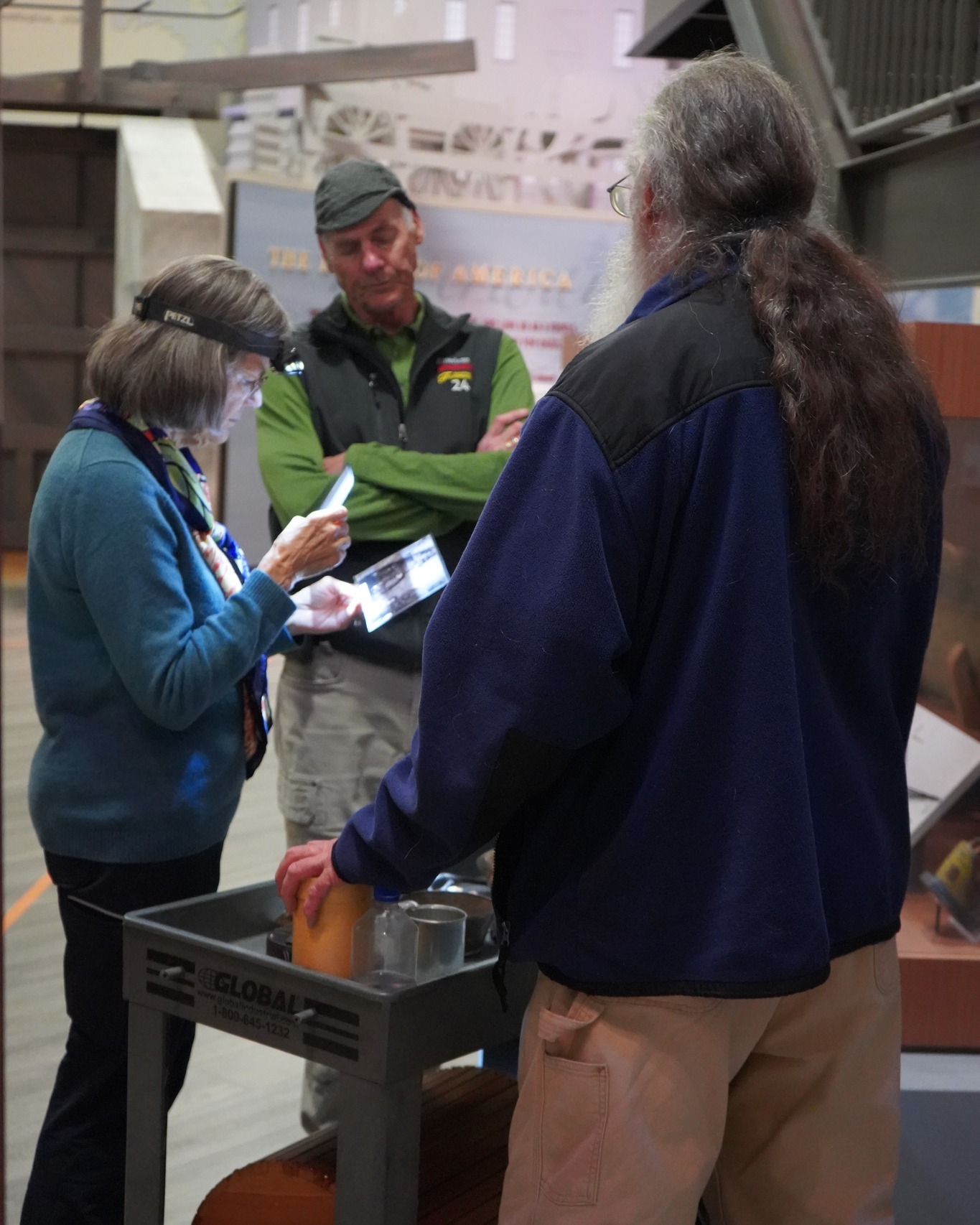- Understanding Sensory-Friendly Experiences
- Features of Low Sensory Mornings
- Importance of Sensory Accessibility in Museums and Aquariums
- Wildlife and Conservation Education
- The Role of Support from Arts and Economic Development Programs
Exploring sensory-friendly environments can significantly enrich the lives of individuals who prefer quieter spaces. The National Mississippi River Museum & Aquarium’s Low Sensory Mornings provide a haven for such visitors, where they can encounter aquatic life and exhibits in a serene setting. Held on June 9 and August 13, these events are thoughtfully curated with the needs of sensory-sensitive guests in mind.
Understanding Sensory-Friendly Experiences
Sensory-friendly experiences are increasingly recognized as essential offerings for individuals with sensory processing differences, such as those on the autism spectrum or with sensory sensitivities. These initiatives aim to create spaces where auditory and visual stimuli are minimized, thus reducing anxiety and making the environment more accessible. By decreasing sensory overload, these experiences allow visitors to engage more meaningfully with their surroundings.
For institutions like museums and aquariums, adopting sensory-friendly practices not only expands their audience reach but also demonstrates a commitment to inclusivity and accessibility. In doing so, they provide opportunities for all individuals to connect with wildlife, fostering an appreciation for nature and conservation without the barrier of overwhelming sensory stimuli.
Features of Low Sensory Mornings
The Low Sensory Mornings at the National Mississippi River Museum & Aquarium introduce a range of thoughtful adjustments that cater to sensory-sensitive visitors. Lighting adjustments are made across the campus to create a soft, welcoming atmosphere. Additionally, sounds and exhibit motions, which can often be jarring, are minimized or altered to prevent sensory overload.
All the museum’s animals and exhibits remain accessible, ensuring that visitors have the opportunity to experience the rich diversity of aquatic and terrestrial life without distraction. This immersive, tranquil environment enables guests to learn and explore at their own pace.
Importance of Sensory Accessibility in Museums and Aquariums
Creating sensory-friendly environments goes beyond accommodating sensory-sensitive individuals; it reflects a broader commitment to accessibility and inclusion. Museums and aquariums serve educational and cultural roles, aiming to inspire and inform people of all backgrounds. Ensuring these spaces are welcoming to everyone enhances their educational potential.
Educational institutions like the River Museum play a pivotal role in disseminating knowledge about zoology and conservation. Sensory-friendly initiatives allow them to reach audiences who might otherwise be excluded, opening up new pathways for learning and inspiration.
Wildlife and Conservation Education
Providing a sensory-friendly experience does not diminish the educational value of a visit to the National Mississippi River Museum & Aquarium. Instead, it enhances it by making the exhibits more accessible. Visitors have the chance to observe animals closely and learn about conservation efforts in a relaxed setting.
Educational programs can delve into various topics, such as ecosystems, biodiversity, and the importance of preserving aquatic habitats. These experiences underscore the museum’s role in wildlife conservation, aiming to spark interest and awareness in protecting natural environments.
The hands-on exposure to animal exhibits allows for a deeper understanding of life sciences, encouraging curiosity and responsible stewardship of the environment. This aligns with broader conservation efforts, emphasizing the importance of protecting diverse species and their habitats for future generations.
The Role of Support from Arts and Economic Development Programs
The Low Sensory Mornings initiative receives partial support from the Iowa Arts Council, part of the Iowa Economic Development Authority, and the National Endowment for the Arts. These organizations play a crucial role in encouraging cultural programs that prioritize accessibility.
Their backing helps fund adaptations and programs that would otherwise be challenging to implement. By investing in sensory-friendly initiatives, these organizations highlight the intersection of arts, culture, and inclusivity, advocating for spaces where everyone can participate in cultural and educational experiences.
Through their support, they also underscore the broader economic and social benefits of inclusive programs. Such initiatives not only enrich individual experiences but also enhance community well-being and economic vitality by attracting diverse audiences and fostering a culture of inclusivity.
In conclusion, the National Mississippi River Museum & Aquarium’s Low Sensory Mornings are a testament to the power of creating inclusive spaces that cater to sensory-sensitive visitors. By adjusting environmental factors and offering a quieter, more serene experience, museums and aquariums can further their educational missions and create meaningful connections with all visitors. The collaboration with arts and economic development organizations strengthens these efforts, emphasizing the importance of accessibility in cultural and educational spaces.
As these sensory-friendly programs continue to develop, they offer a blueprint for other institutions seeking to enhance accessibility, engagement, and education across diverse communities.
*****
Source Description
Looking for a sensory-friendly way to explore this summer?
Join the National Mississippi River Museum & Aquarium for our Low Sensory Mornings on June 9 and August 13 from 8 AM to 10 AM!
Designed for guests who benefit from a quieter environment, these mornings offer:
– Dimmed lighting throughout the campus
– Reduced sounds and exhibits motion
– All the River Museum’s animals and exhibits will be available
This program is supported, in part, from the Cultural Leadership Programs within the Iowa Arts Council, part of the Iowa Economic Development Authority, and the National Endowment for the Arts.
Learn more at https://www.rivermuseum.org/events


